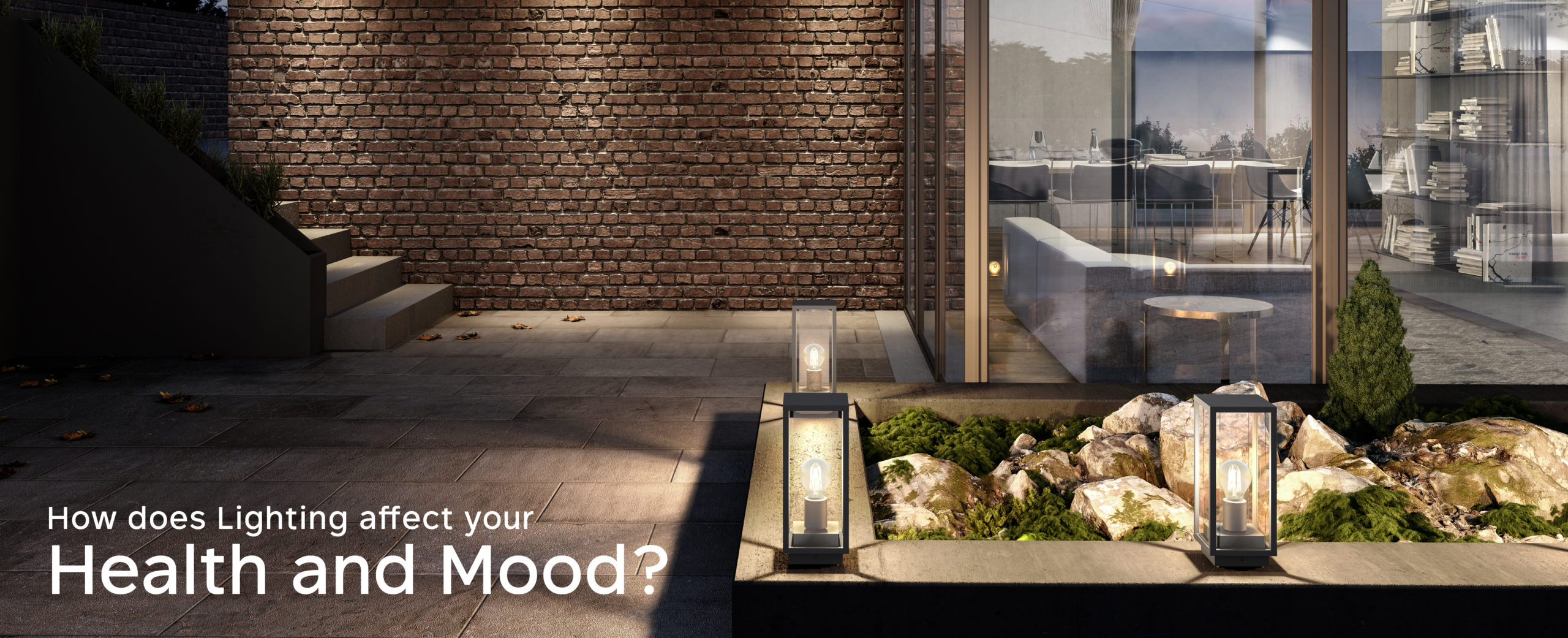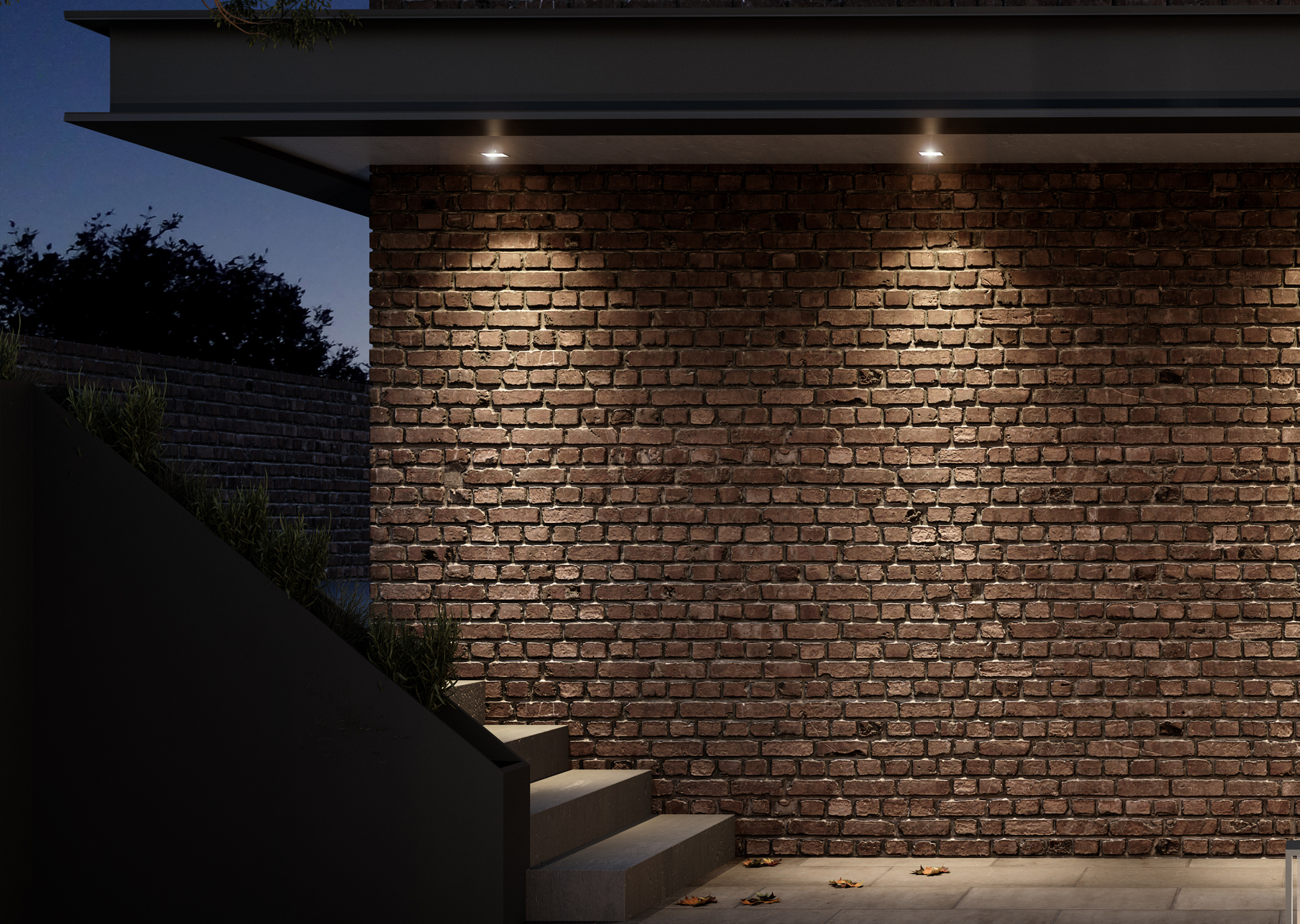How does Lighting affect your Health and Mood?
19 Jun, 2021 Residential


Our health is dependent on the surroundings we live in. Whether it’s artificial or natural light, every kind of lighting plays a dramatic effect on our well-being, even while we’re asleep. As light is a necessity, natural daylight helps regulate our biological clocks. As we talk about mental health and well-being, poor lighting often gets overlooked while bad lighting takes a toll on the health in unanticipated ways.
Additionally, studies also suggest that lighting affects numerous mental, biological, and emotional factors. They greatly affect mood and productivity. The focus of any kind of lighting is to firmly create a happier and healthier living.
For example, Task Lighting is useful for viewing objects of low contrast. It’s useful for workspaces, art galleries, or woodshops in the garage. Task lighting can also be helpful for tasks that require reading directions on a bottle, accuracy, or chopping vegetables in the kitchen.
Among the findings of the American Academy of Pediatrics cited a 37% increase of reported mood disorder symptoms among youngsters. Apart from diet and exercise, electronic light played a role in the development of mood disorders.
The Connection between Light and Mood
The projections of one of our three types of photoreceptors, ipRGCs, reach certain brain regions that affect emotions. If a sunny day makes you cheerful, it’s only because of the indirect connection of natural light with our brain that contributes
to mood disorders. Mood disorders can include sleep disruption, gene expression, hormone secretion brain plasticity, neurotransmission, and much more! International flight attendants often experience severe circadian disruption due to structural changes to the brain.
Lighting at Home
Poor lighting can cause eye damage. Insufficient lighting proved to contribute to vitamin D deficiencies which cause depression. It’s not only the mood but also the energy levels that go for a toss with improper lighting. Lighting is known to affect our circadian rhythms. This being said, it can influence your alertness and awakeness. This can keep you up all night, play with your morning schedules, and cause you to feel tired. There’s a reason why brighter lights prove beneficial for mornings while dim lights are best for evenings. Reversing these lights during the time of the day can cause a confused circadian rhythm.
Lighting at Office
The most productive workspaces have the right type of lightings. Employees are happier in the most productive work environment. Studie found that poor lighting can be extremely harmful to work productivity, especially dim lighting. Dim lights and fluorescent lights tend to put a strain on the eyes that tend to cause headaches and/or migraines. Employees working in these lighting conditions seem to be less satisfied with their jobs.
On the other hand, insufficient lighting can lead to drowsiness and affect focus and motivation levels. This is exactly why dim lights are preferred apt for nights while hitting the bed.
Lighting Solution
Control lighting is vital for the overall physical, mental, and emotional health. Window at work and home provides a natural and safe solution by filling up the interiors with the highest quality of light. It’s best to adjust the intensity and brightness based upon the time of day and the respective tasks at hand. This is the reason why a lot of offices are resorting to innovative lighting systems with indirect health benefits. Having the freedom to choose and change the morning lighting and evening lighting can regulate the circadian rhythm.
Remember, a great circadian rhythm is synonymous with high productivity and happiness!
